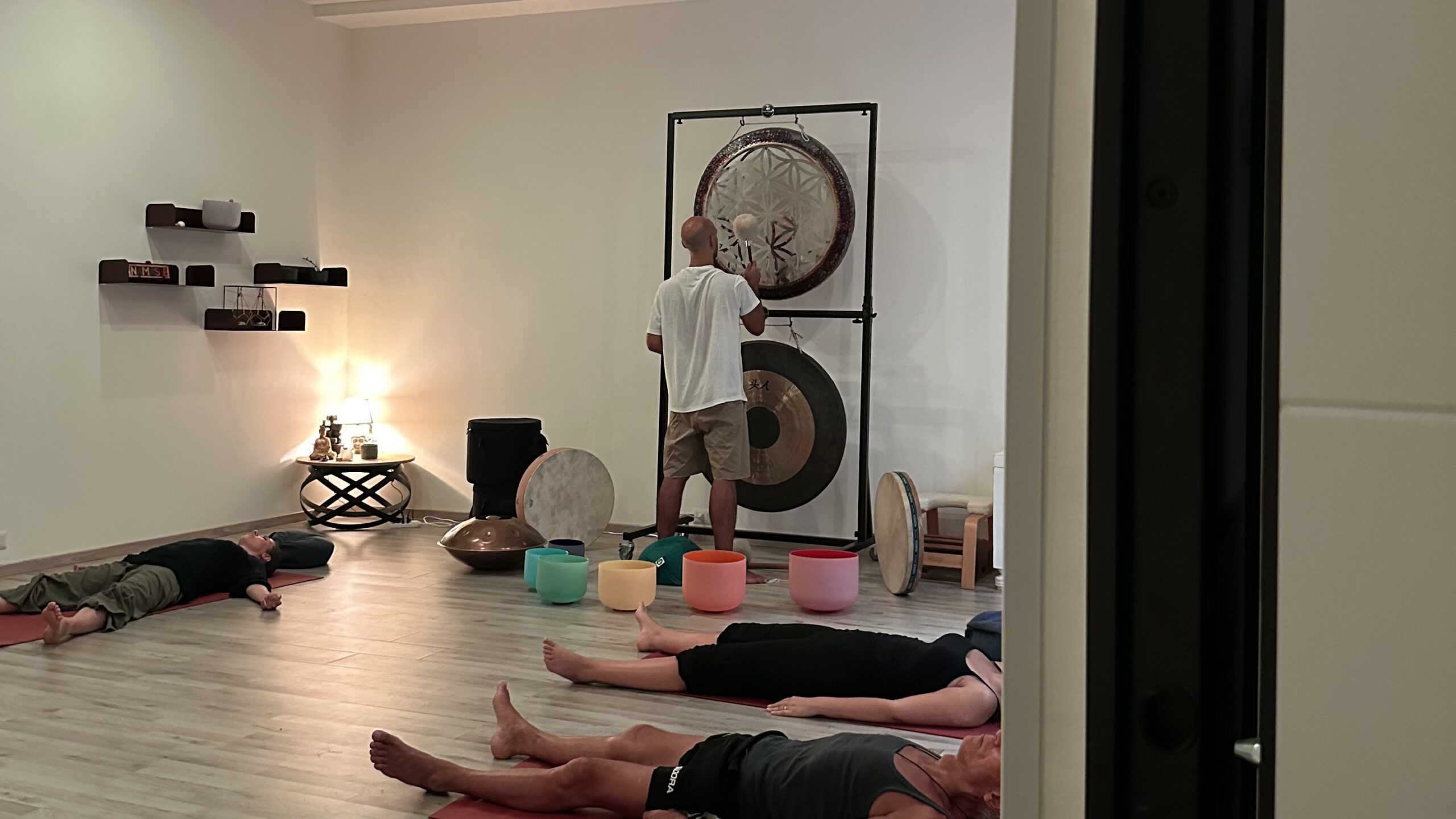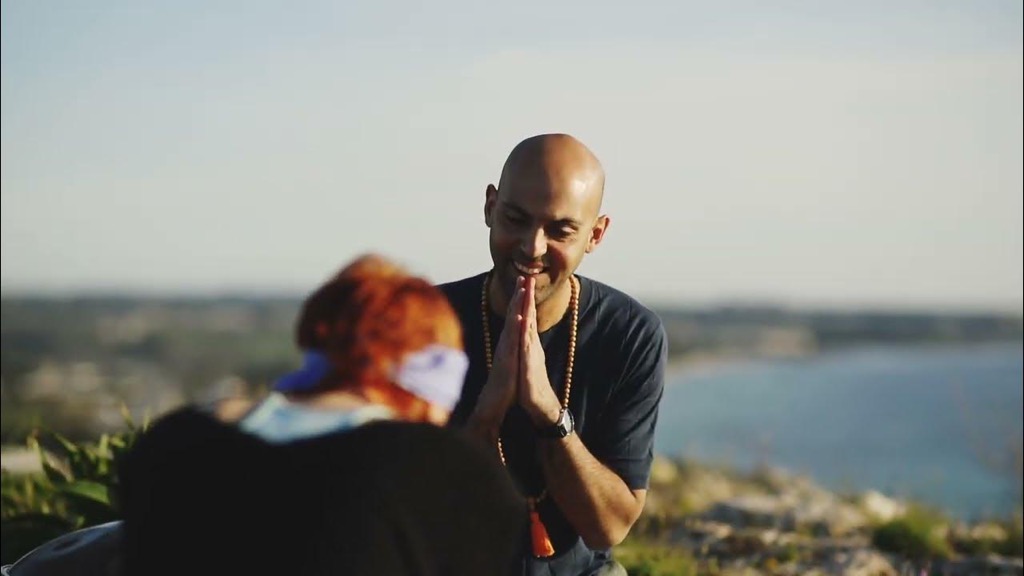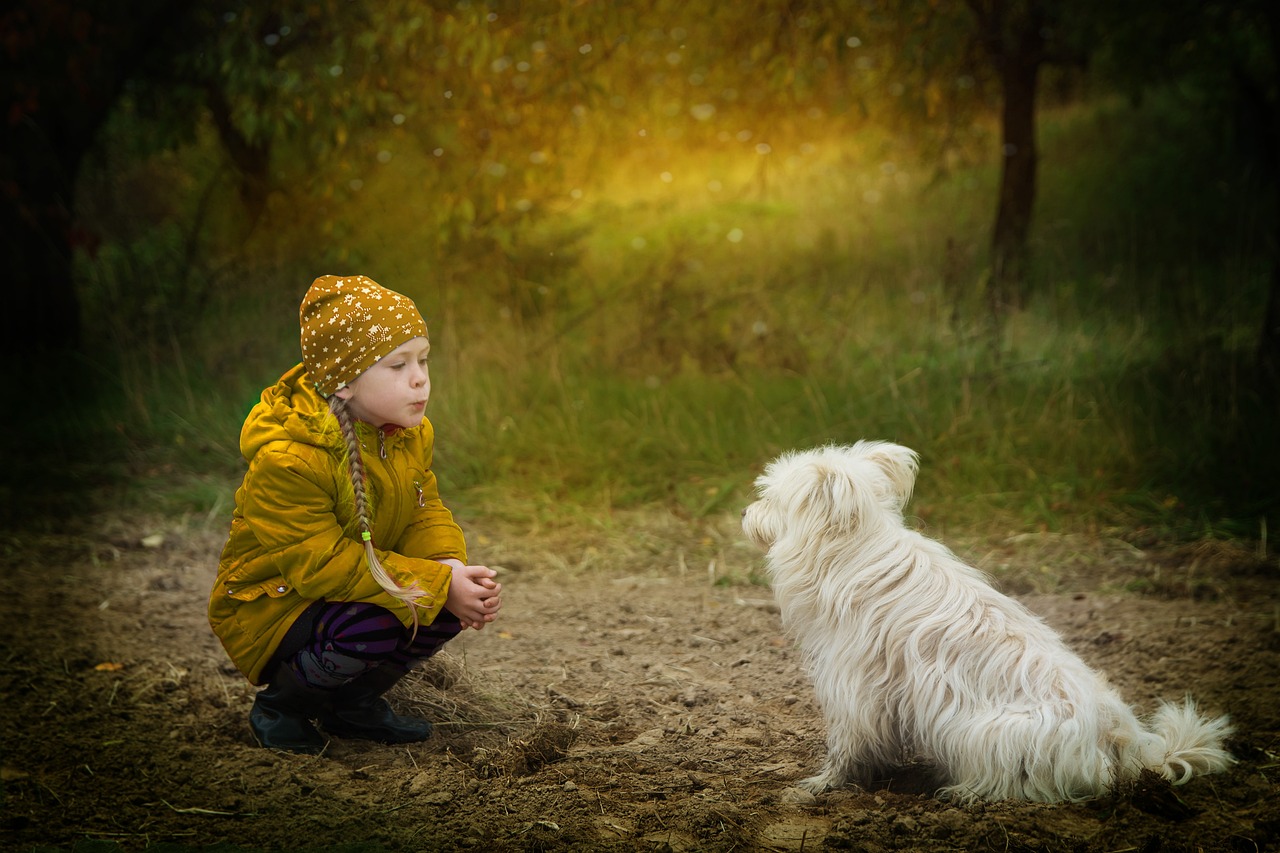Your cart is currently empty!
Being present in illness and death
Illness and death are part of life and inevitably touch our existence closely, that of our loved ones and of all living creatures.
Since we were children we know that they are inevitable, that they are on the horizon, yet they almost always catch us unprepared, helpless, frightened.
To quote the Buddha’s words: “Of all the footprints, the elephant’s is the largest. Similarly, of all mindfulness meditations, the one on death is the greatest.” Our educational system does not teach us to explore the transcendent aspect of existence. Yet death is something that happens every moment and is a constant companion of our lives. There are many gifts that death gives to those who dare to look it in the face but “to discover the secret of the unknown you have to cross it and surrender to grace unarmed”.
The Buddha teaches us to face our vulnerability in the face of illness and death, to face and overcome the load of pain and anguish that they bring with strength and awareness.
The teachings imparted by the Buddha even show us how in such painful situations a great liberating potential can be realized by inclining the mind towards the unconditioned.
When we are faced with suffering it is even more fundamental to speak and listen in mindfulness. When we speak and listen we can always choose whether to do it from the point of view of the observer or from the thinker, and if we do it from the latter point of view, we do nothing but express the Ego with self-referential linguistic forms: ‘I believe that’ or ‘I think that’. But we are not our thoughts, they describe our mind and its way of conceiving reality, but this has nothing to do with reality itself. Reality is a unity. We see and define the difference between day and night for example but the truth is a unity between day and night.
Ram Dass, a well-known spiritual teacher, wrote about death: ‘Something has happened to me in the last fifty years that has changed my attitude towards death, as a result of wandering through many realms of consciousness. Much of the fear of death has disappeared from me. I am someone who really enjoys being with people while they are dying. It is such an incredible grace for me. In the morning, if I know that I will be with such a person, I am absolutely thrilled because I know that I will have the opportunity to be in the presence of the Truth.’
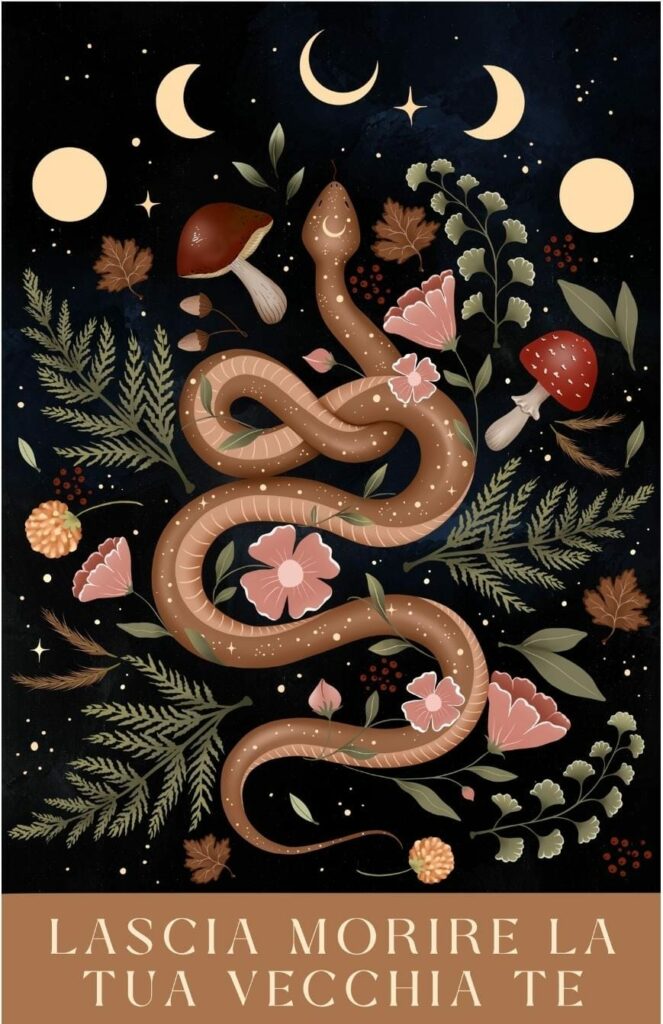
Contemplate and accept the impermanence of every phenomenon
It is now becoming acceptable in our culture for people to die. For many decades, death was kept behind closed doors. But now we’re allowing it to come out.
In India for example, when someone dies, the body is placed on a bed, wrapped in a sheet and carried through the streets to the place of flames while a mantra is chanted. Death is out in the open for all to see. The body is right there. It’s not in a box. It’s not hidden. And because India is a culture of extended families, most people die at home. So most people growing up were in the presence of someone who was dying. They have not walked away from it and hidden from it as we have in the West.
India is a country with a large population density and where the most influential yogis and spiritual leaders were born who spread the different practices. These factors have caused people to let the image of themselves die: the ego, or what we ‘think’ we are.
As long as we identify with what dies, there is always fear of death. What our ego fears is the cessation of its own existence.
Although we do not know what form we will take after death, through meditation and mindfulness practices that bring us into insight into reality, we can realize the essence of our Being – and the essence of our awareness – which is beyond the death.
In this regard, I suggest you read this article
When we enter the awareness process, we become awake to the flow of life and no longer attaching ourselves in form, death and suffering can be understood as transitional passages, which have nothing to do with the ultimate reality of who we are.
The author and spiritual teacher Eckhart Tolle says about it: ‘With the contemplation of the impermanence of the human form, something very deep and peaceful opens up within us.
When we fully accept impermanence, an inner openness emerges, which is beyond form. That which is untouched by death, the formless, comes forth as we fully accept the impermanence of all forms. That is why it is so profoundly peaceful to contemplate death.’
Awareness beyond death
Ramana Maharshi was a great Indian saint. When he was dying of cancer, his devotees said, “Let’s treat him.” And Ramana Maharshi said, “No, it’s time to leave this body.” His devotees began to cry. They begged him, “Bhagwan, don’t leave us, don’t leave us!” And he looked at them confused and said, “Don’t be silly. Where could I possibly go? You know, it’s almost like he’s saying, “Don’t make a fuss. I’m just selling the old family car.
These bodies we live in, and the ego that identifies with them, are just like the old family car. They are functional entities in which our Soul travels throughout our incarnation. But when they are exhausted, they die. The most gracious thing to do is to simply allow them to die peacefully and naturally – “let go lightly”. In all of this, what we are is Presence, Energy, Soul, everyone can call it what they want. When the body and the ego are gone, this presence will live on, because it is eternal. Finally, in some incarnation, when we have finished our work, our Soul can merge back into One, back into Infinity again. Meanwhile, our Soul is using bodies, egos and personalities to work out the karma of each incarnation.
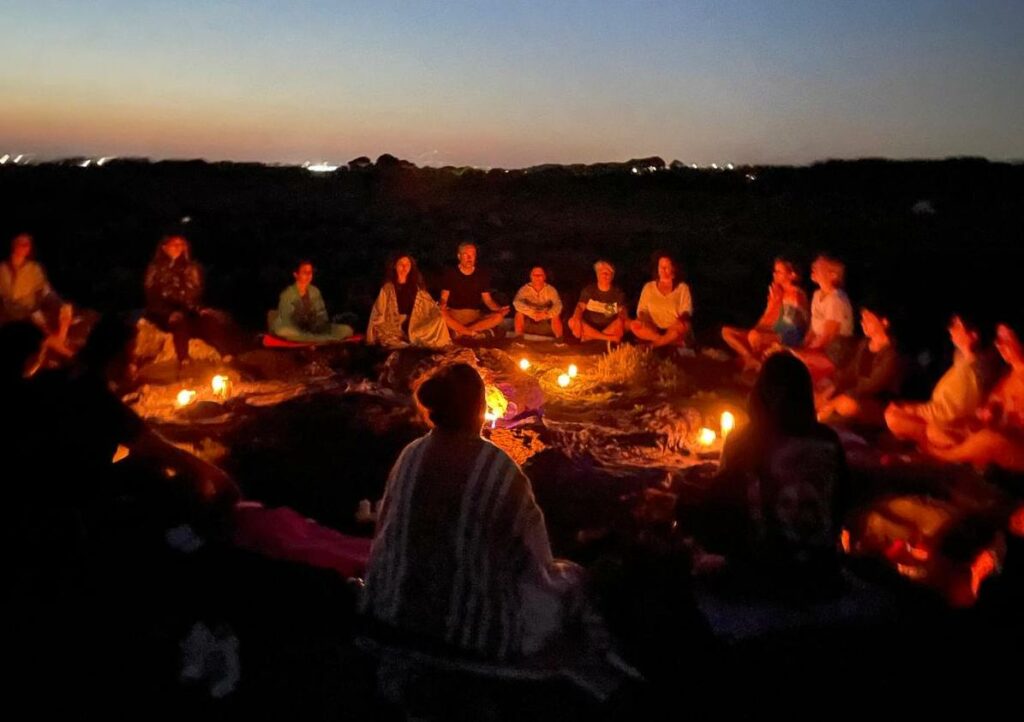
Overcoming the Fear of Suffering with Mindfulness
All that the great masters teach us are truths recognized through the millennial practices of awareness that make meditation, yoga and other practices very fascinating, one of the reasons why they have become widespread in the Western world. To overcome the fear of illness and death with mindfulness it is not enough to read these sentences or listen to a seminar or go once off to meditate or practice yoga in the gym to relax. It is essential to practice this awareness every day. Over the years of practicing Mindfulness meditation (to find out more click here. I have observed in myself and I have often observed it in others, how the fear of suffering is deeply rooted in all of us.
What often frightens us most is not the event of death or the disease itself but the suffering that could accompany it and which derives from identification with the thought and the sensations that accompany it. We can therefore say that we are often ‘afraid to feel fear‘. Sometimes it is a passing thought accompanied by a slight twitch in the body. Other, various images that prevent us from falling asleep. Still others, it’s a set of physical sensations so intense that we almost feel like we’re dying. Fear is a natural reaction of every human being when faced with a real or perceived threat, it affects us all, even the bravest among us.
Here are some practical suggestions to overcome the fear of illness and death with mindfulness. If you practice it constantly, Mindfulness can help you recognize, observe, welcome fear and use it as an opportunity to complete the evolutionary path of the Soul:
1) OBSERVE WHERE YOU ARE
Sometimes we have, in some moments of our life, it is as if fear is the only thing that exists. Observe. Look around. Take a deep breath and notice where you are.
Fear is not the only thing that is in this moment. Note that fear is only a part of your experience and note that it doesn’t occupy the entire field of your awareness.
2) NOTICE YOUR PHYSICAL SENSATIONS
We acknowledge that the fear is there, and we become curious about the physical sensations we have. When we are afraid we direct our attention to the physical sensations that are there. Where do I feel fear in my body right now? Chest, stomach, throat?
With curiosity and openness, we bring our attention to those sensations and observe how these sensations spontaneously change moment after moment without having to do anything, just observe and welcome them.
4) TAKE A MOMENT TO NOTICE THE PRESENT MOMENT
There is always something good in the present moment (the trees, the sky, a smile from a child, a color, a music, …).
Taking a moment to bring attention to what is beautiful in the present moment helps reduce fear. We choose to devote your attention to what really matters to you at that moment.
5) THOUGHTS ARE JUST THOUGHTS
Thoughts are just thoughts, they are not reality, they are our representation of reality. With our thoughts we build whole worlds and then we believe in them as if they were concrete. The thought of one danger is not danger.
6) TO LET GO
We don’t cultivate our fears but let them go, which is not an act of renunciation but of power.
We let go and don’t get attached to our fears. We give the opportunity to get out of our automatic reactions and to make new choices, more beneficial for us and for others. Knowing how to let go means being free.
7) CHOOSE TO APPRECIATE LIFE
Are we loved or do we love someone? We see, we walk, we talk, we stand, we are alive! We choose to feel gratitude for the everyday gifts that life offers us. Cultivating gratitude creates more happiness than fear.
If we choose to dedicate more time to ourselves and take care of ourselves with mindfulness, we respond to our life’s call with courage, patience, curiosity and kindness and thus we manage to overcome fear.





